Ollivier Girard is a documentary photographer specializing in global development issues for international development organizations and magazines. Born in France, he studied social work and then worked in youth centers and international organizations in Guinea, Sierra Leone and DRC before pursuing photography professionally in 2006. "Photography can play an important role in changing perceptions and mobilizing opinions for advocacy and action." He works on complex subjects such as child protection, gender, climate change, food crises and others. "Despite the challenges people in my photos are facing, I seek to bring a sensitive and positive perspective to their stories." Ollivier helps clients create custom image libraries, develop photo content for reports, promotional materials, educational campaigns and create compelling media. His images express social realities using a visual language that combines the narrative depth of documentary narration and the aesthetic sensibility of the fine arts. Clients include: WTO/EIF World Trade Organization - ECHO European Union - Danish Institute for Human Right – MENCH Germany – UNFOUNDATION - ICRC/CICR - CARE - AFD Agence Française de Développement - Terre des hommes, Geneva – Gates Foundation – Chemonics - BuzzFeedNews – Story Hunter – Secours Islamique France - Kenyon College - University of Virginia - American Red Cross – WHO, World Health Organization – LWR, Lutheran World Federation - Johanniter International Assistance – University of Massachusetts - Johns Hopkins Hospital - The Arc of Baltimore - Pratt Library - Jewishweek, Washington DC - Wesleyan University - University of Maryland Medical Center - Baltimore Museum of Art - CIFOR - Freedom From Hunger - Washington Post – GIZ (PDDC, ProAgri) - PLAN International - Millenium Promise – UNICEF (Burkina Faso, Niger) - PSI - Fitima Foundation, Handicap Solidaire - Diakonia, UNFPA/SWEDD (Dakar, Chad, Benin, Burkina Faso, Cote D’Ivoire, Niger) - The Guardian - Save The Chil...
Don't wanna be here? Send us removal request.
Text


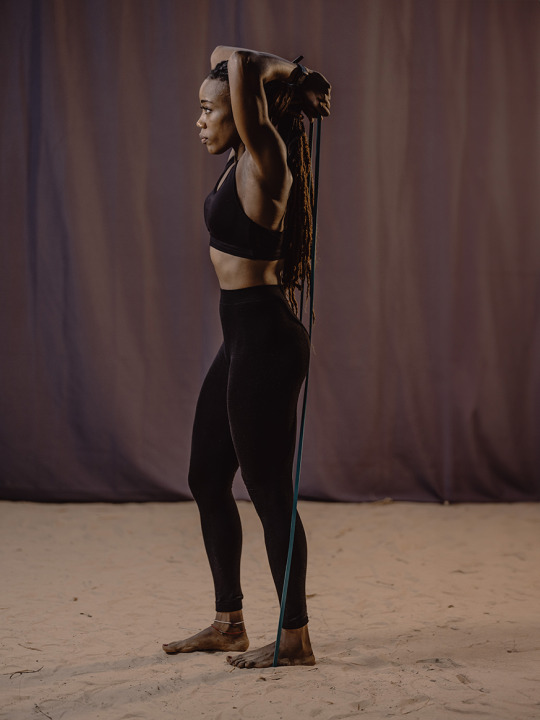

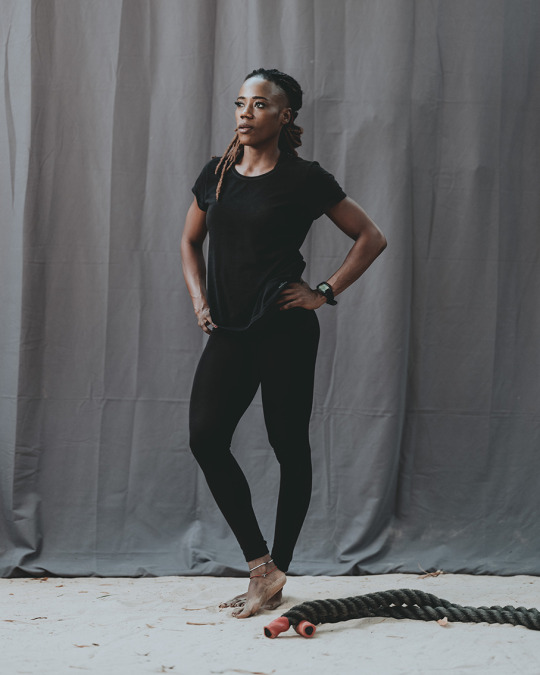
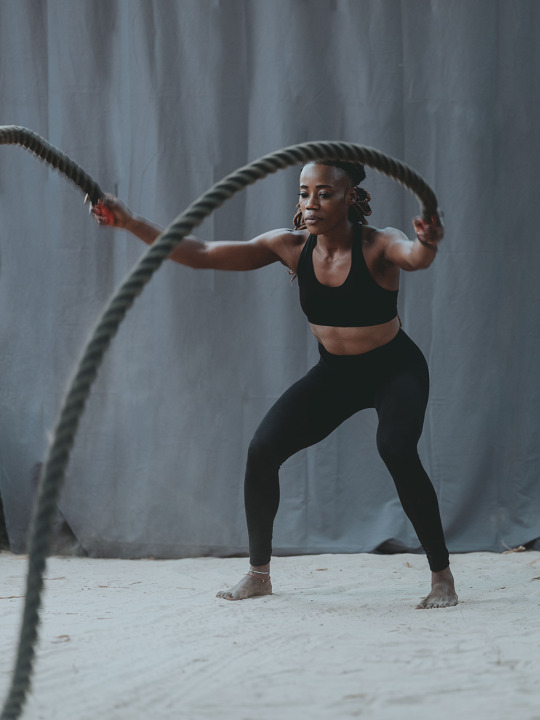
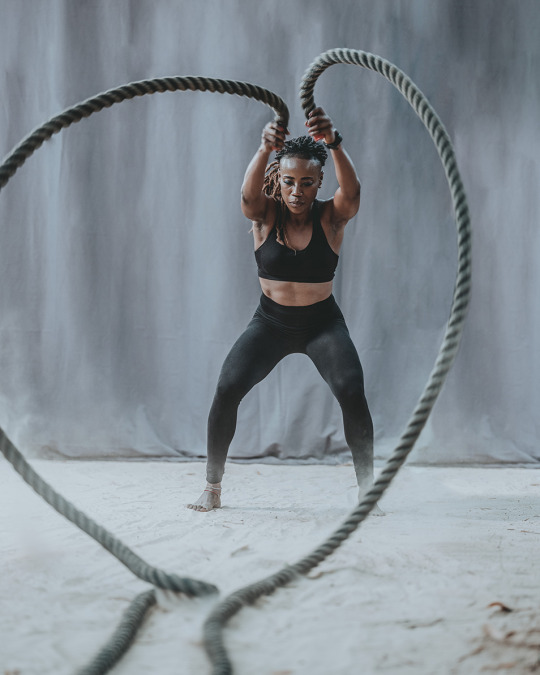


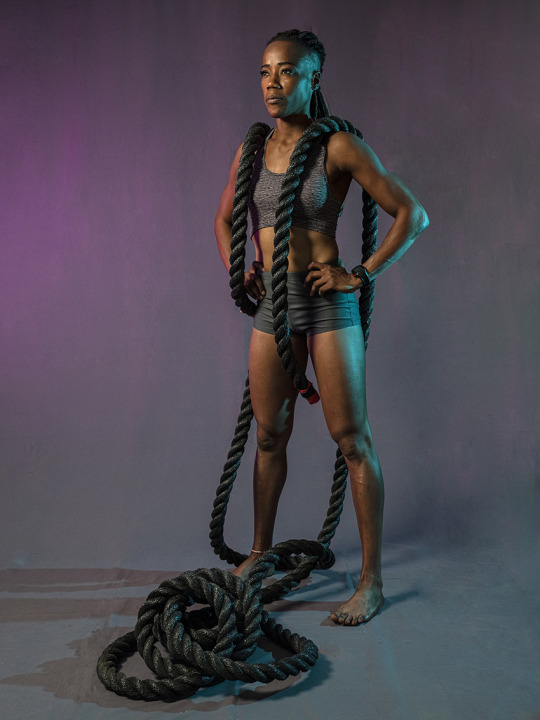
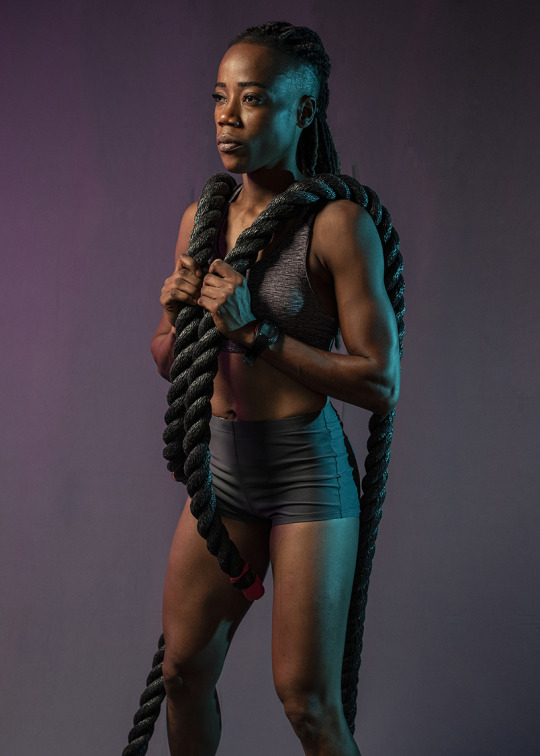

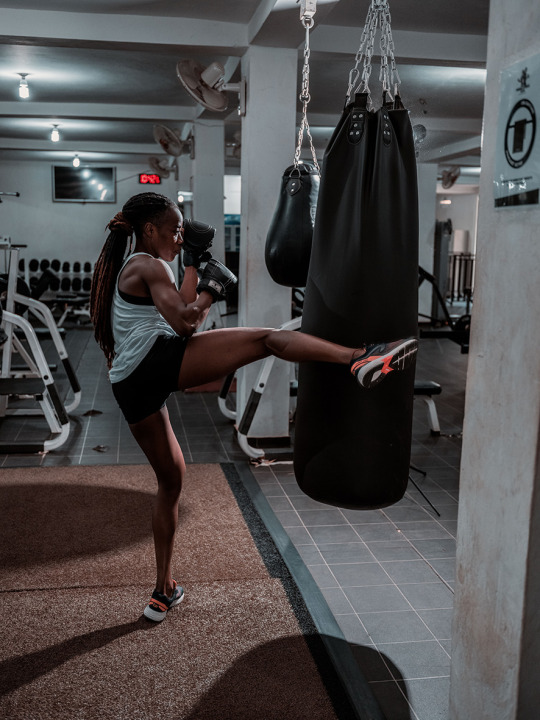

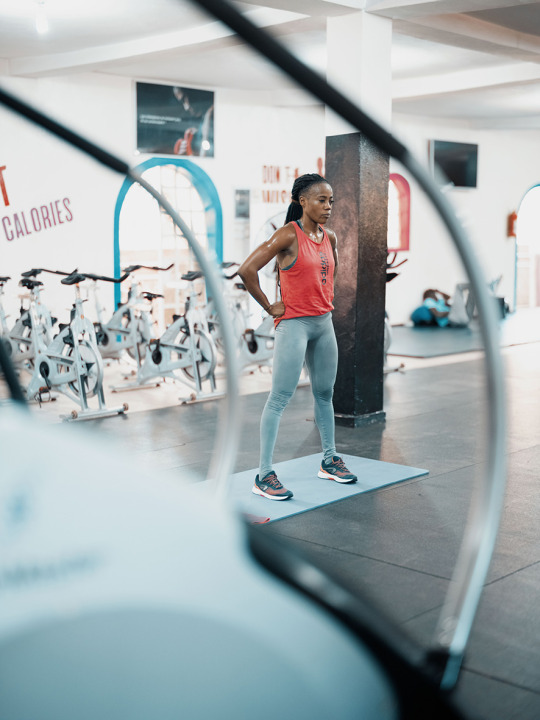

Ursula Fitness sports coach. Serie of photos to illustrate and promote her activity.
Commissioned by Ursula Fitness
0 notes
Text
youtube
Le Niger est non seulement une terre d'une beauté unique, mais aussi l'un des pays les plus vulnérables au changement climatique. Depuis le début de l’année 2023, plus de 2 millions de personnes luttent contre l’insécurité alimentaire. Cependant, des milliers de familles ont pu diversifier et augmenter leurs revenus grâce au programme de protection social adaptatif au Sahel de la Banque mondiale. Cliquez ici pour en savoir plus: https://www.banquemondiale.org/fr/cou...
0 notes
Text
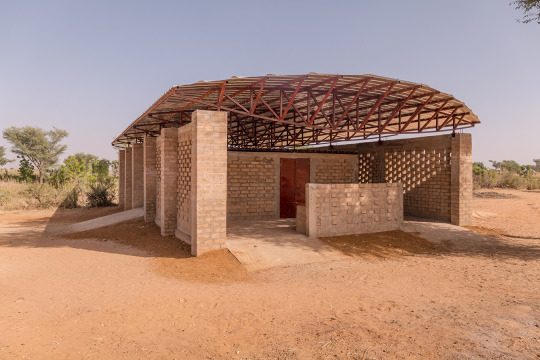
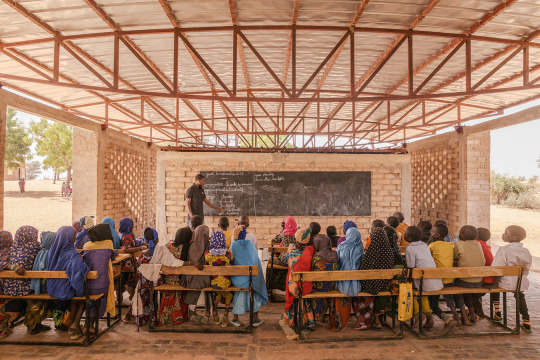
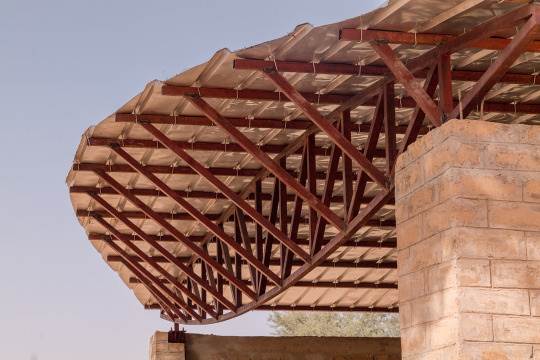
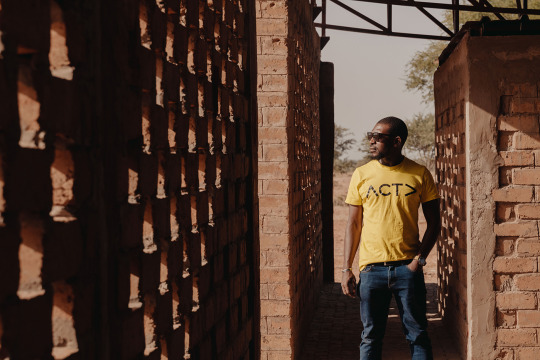



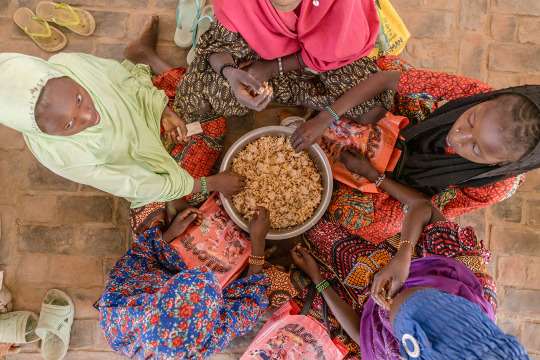

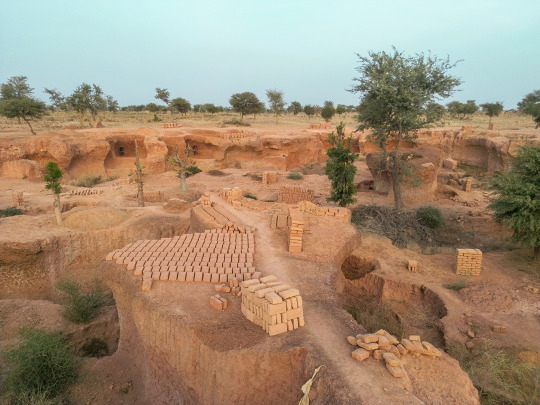
Second phase of ACTA project Cantine, Zinder Rethinking and refining the school canteen concept in Niger.
0 notes
Text
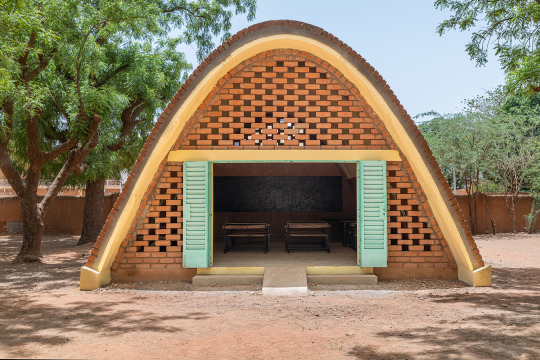

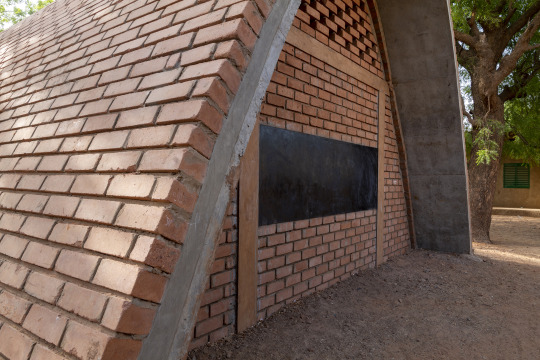
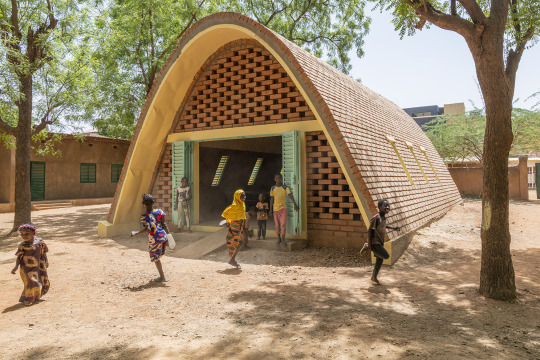
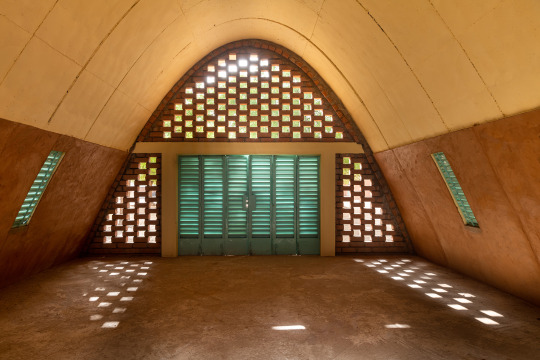

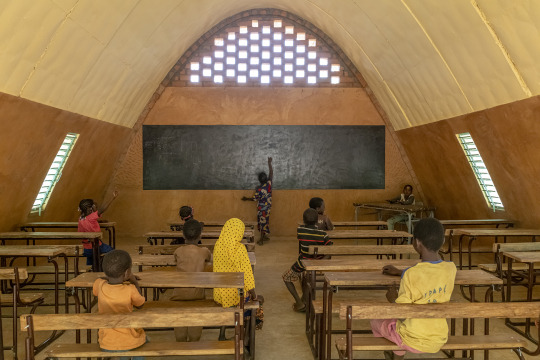
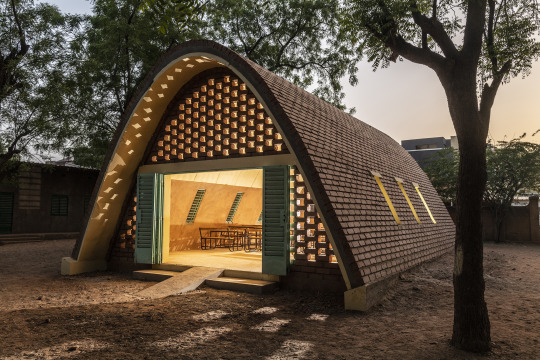
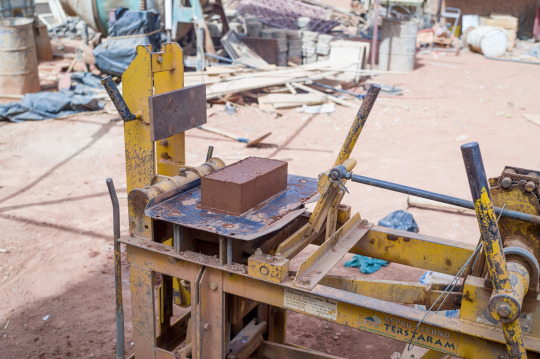
Recent work for ACTA - Action through architecture
Classe rouge : Establishing new parameters for an adequate learning environment in Niger.
1 note
·
View note
Link
In West Africa where most shea originates, it is traditionally women that collect shea nuts from nearby parklands, turning the oily kernels within into smooth shea butter. This requires many stages and processes, from the labor of collection and carrying to the work of boiling, drying, shelling, roasting and pounding.
The effort is time-consuming and arduous, and is done by rural people living in some of the world’s poorest countries.
Now that shea is big in beauty circles and pharmaceuticals due to its nutrient rich and anti-inflammatory properties, there is opportunity to try and guide the profits from sales of creams, salves and balms to the people who need it most, meaning women in countries like Benin and Burkina Faso and Togo.
#africa#West africa#shea#money#agriculture#development#ong#ngo#enhance#everydayafrica#everydaybenin#benin#canon
4 notes
·
View notes
Video
youtube
Kanta Kiari, un cultivateur au coeur de la grande muraille verte.
Commissioned by Agence Française de Développement
#niger#westafrica#everydayafrica#afd#documentaryphotography#documentary#national geographic#canon#environnement#changement climatique
2 notes
·
View notes
Photo


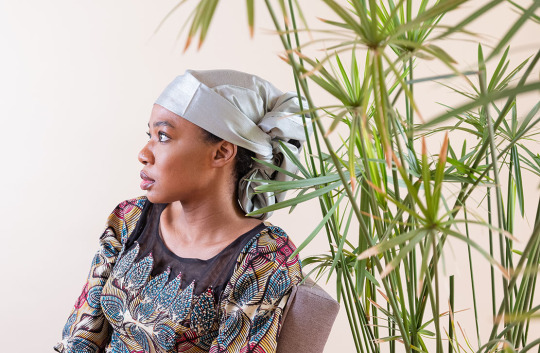
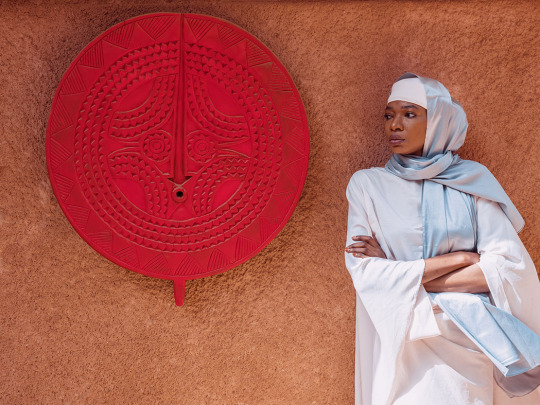
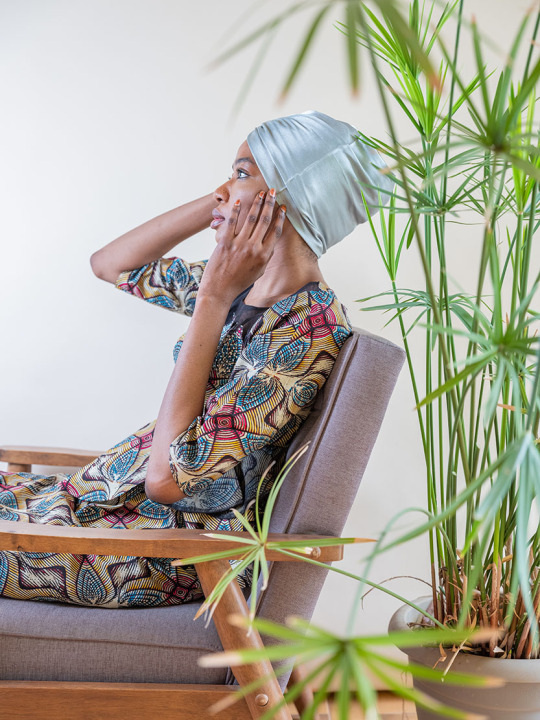

Portrait session
2 notes
·
View notes
Photo
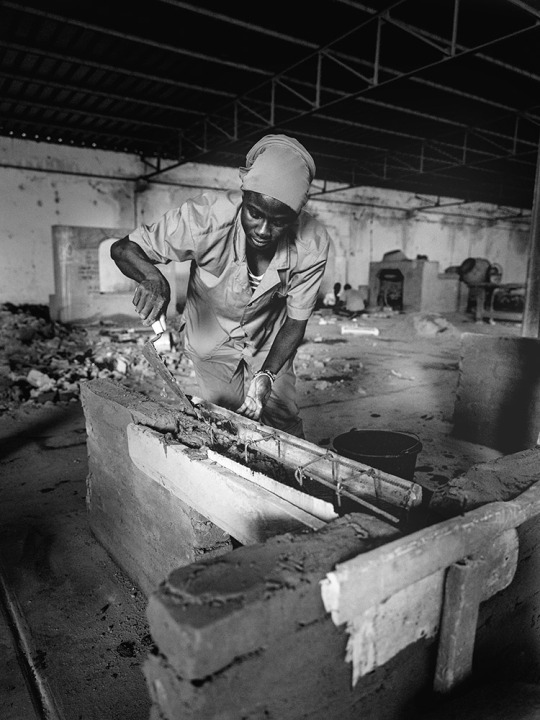
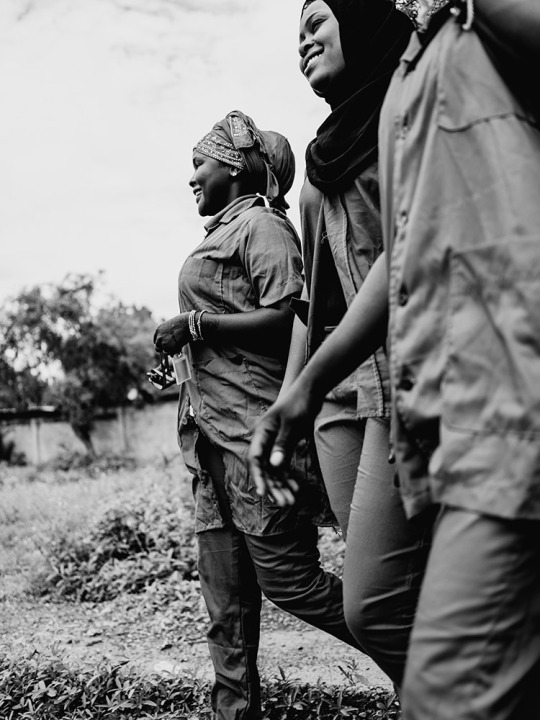

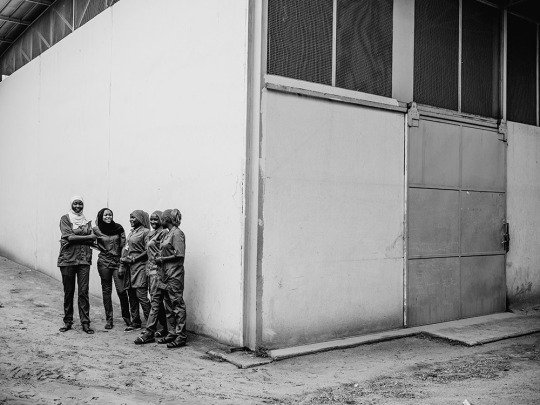
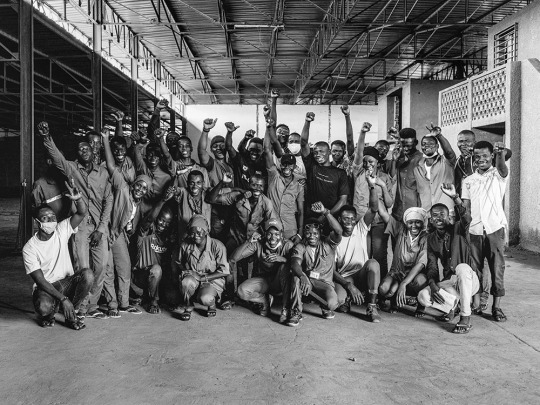
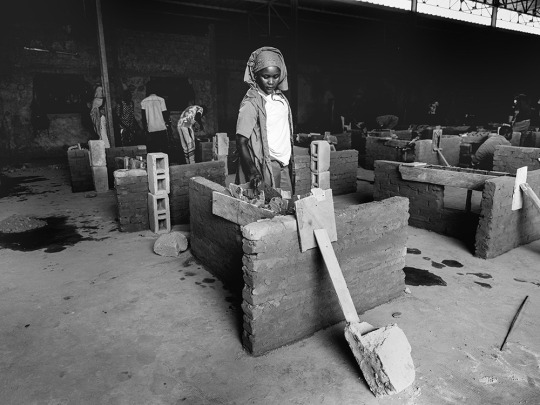
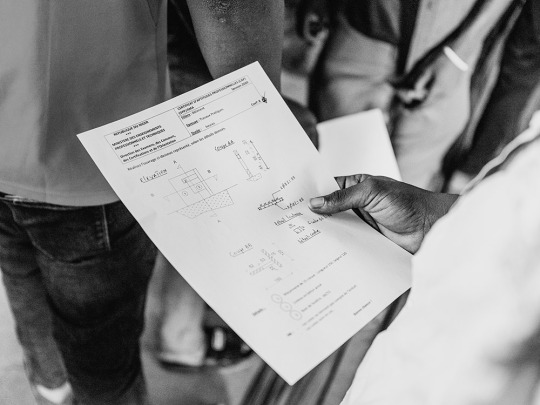
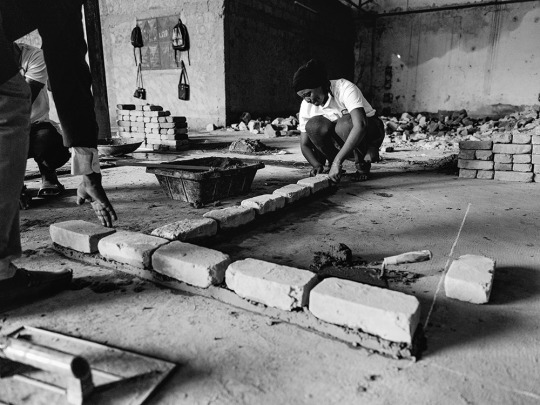

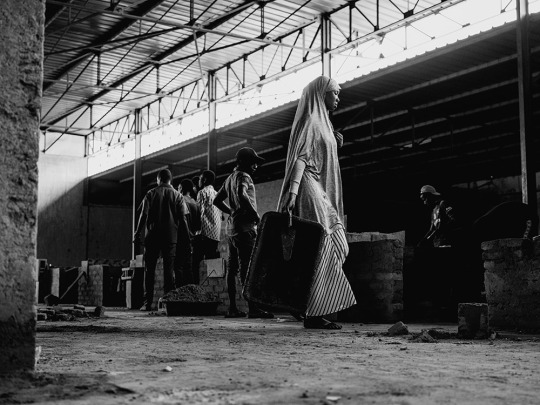
La coordination de l’aide au secours du système éducatif Nigérien.
Kadiatou Soumaila est un pur produit de la rénovation du système de l’éducation professionnelle et technique. Achevant un CAP de construction, elle envisage de poursuivre ses études avec un BEP. La filière qu’elle a choisie est pourvoyeuse d’emploi et lui assure des débouchés, que ce soit comme auto-entrepreneur ou comme employée. N’ayant pu obtenir son BEPC à la fin de ses études générales, elle s’est tournée vers la formation professionnelle sur les conseils d’une amie. Elle a alterné cours théorique, cours pratiques et stages en entreprise pour préparer l’obtention de sa certification. Jeune femme dans un secteur traditionnellement réservé aux hommes, elle est le signe que les mentalités évoluent et que le travail d’institutionnalisation du genre exercé par le Ministère des enseignement professionnels et techniques (MEPT) avec le soutien du Fonds Commun, porte ses fruits. Elle est en effet accompagnée par 4 amies qui se suivent depuis le primaire et déjouent les préjugés. « Parfois, les garçons se moquent de nous quand on passe, ils crient « regardez-moi ces maçons », mais cela m’est égal. Ma famille m’encourage et mon rêve est de continuer à étudier pour devenir ingénieur en génie civile. »
Les défis sont immenses pour relever le système éducatif nigérien. L’avantage du Fonds Commun Sectoriel est qu’il soutient le gouvernement dans ses efforts tout en apportant un renforcement de la capacité des différents acteurs, en termes de programmation, de planification, d’exécution et de suivi évaluation. La budgétisation par objectif est par exemple un exercice nouveau pour le Niger et qui a été largement soutenu par le FCSE. Celle-ci permet de maximiser les investissements en se basant sur des indicateurs réels et de contrôler la bonne utilisation des ressources. Ainsi, l’enquête élaborée par l’Observatoire National de l'Emploi et de la Formation Professionnelle du Niger (ONEF) permet d’orienter les politiques publiques et d’améliorer l’adéquation entre l’École et le marché du travail. L’allocation de subvention aux COGES permet quant à elle d’amener l’argent jusque dans les écoles et de responsabiliser les communautés, accompagnant ainsi la décentralisation de l’éducation.
Issaka Hassane Djingo, secrétaire général du MEPT, se réjouit de voir le montant du Fonds Commun augmenter d’année en année, à mesure que de nouveaux partenaires se décident à jouer le jeu de la coordination. L’entrée en 2020 du Partenariat Mondial pour l’Éducation dans la liste des bailleurs du fonds commun laisse en effet présager une montée en puissance des activités et des résultats. La contribution de plus de 75 millions d’Euros provenant du PME sera gérée par l’AFD.
Commissioned by Agence Française de Développement
#AFD#niger#niamey#formation#education#everydayafrica#Fujifilm GFX 50R#westafrica#documentary#documentaryphotography
0 notes
Photo




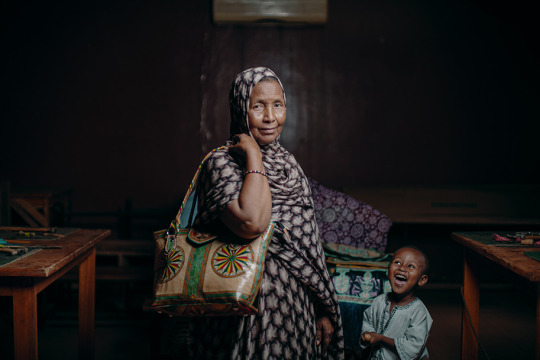
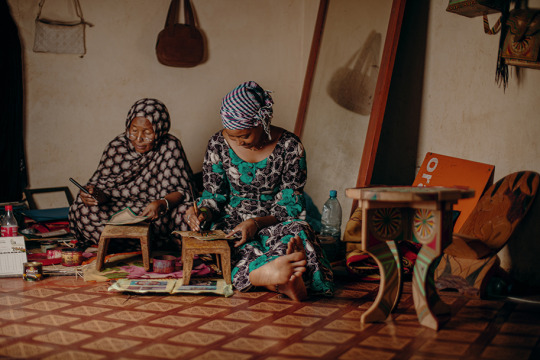
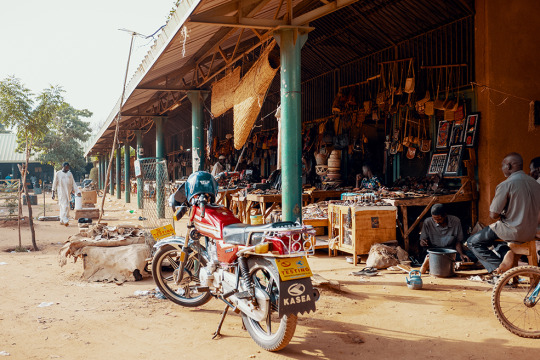
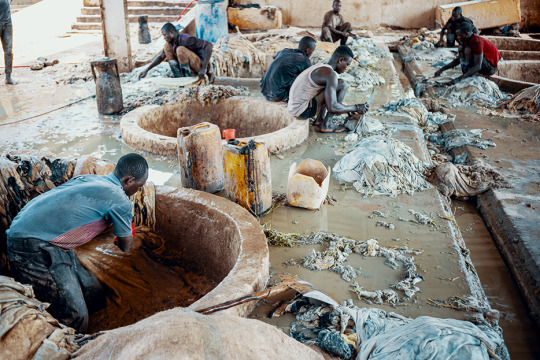
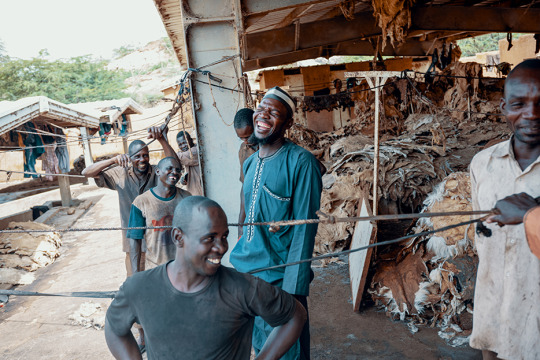
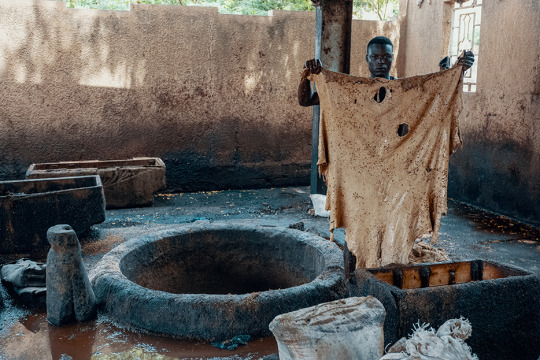
IN NIGER, CREATING PROMISE IN LEATHER
Zouha Mohammed is studying the intricate skill of stitching leather, which can take months to learn. But with that expertise at hand, she now has the opportunity to generate income from her creations, items like purses, bags and keychains.
Mohammed took a course in the craft in Niamey, Niger, and can make as much as 35,000 cfa (US$58) if she sells one of her bags. She said she hopes this extra cash can translate into greater financial independence.
“Many women are active in the leather and hide processing sector in Niger. This economic participation allows them to increase their income and provide for their families,” said Abdou Adamou of the Enhanced Integrated Framework (EIF) in Niger.
Read full story :
https://eif4ldcs.exposure.co/in-niger-creating-promise-in-leather
Commissioned by ENHANCED INTEGRATED FRAMEWORK (EIF)
#africa#afrique#niger#niamey#everydayafrica#canon#documentary#documentaryphotography#West africa#national geographic#EIF
0 notes
Video
youtube
PASEC - A GAME CHANGER TO ENSURE FOOD
Commissioned by World Bank
0 notes
Photo
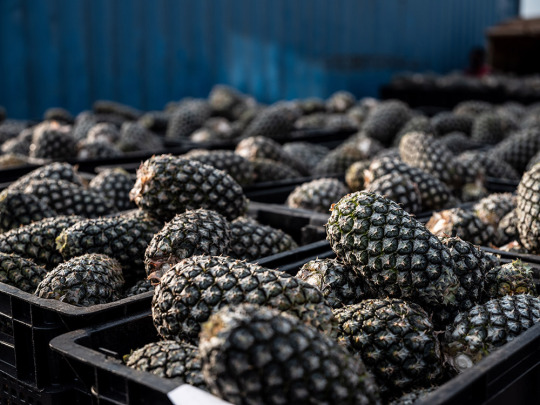



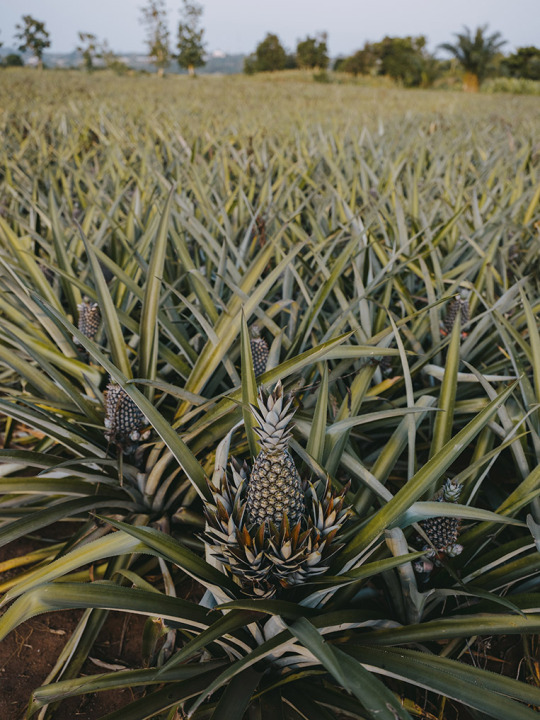
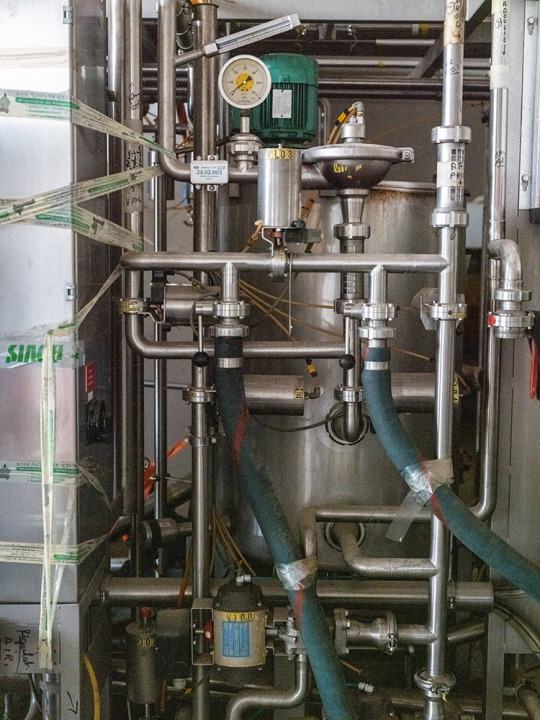

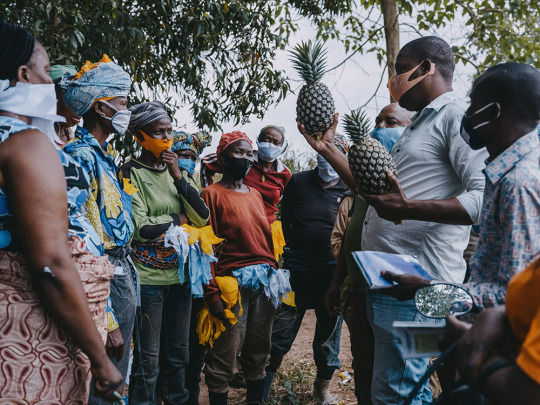
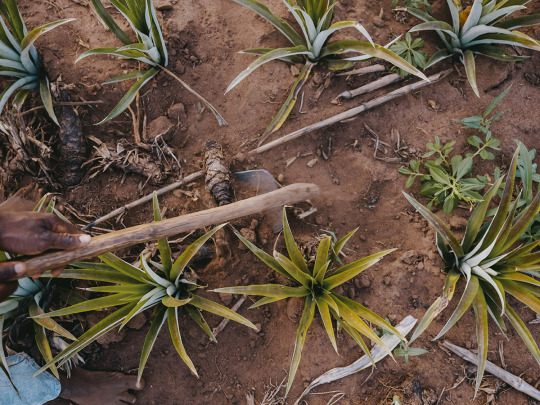
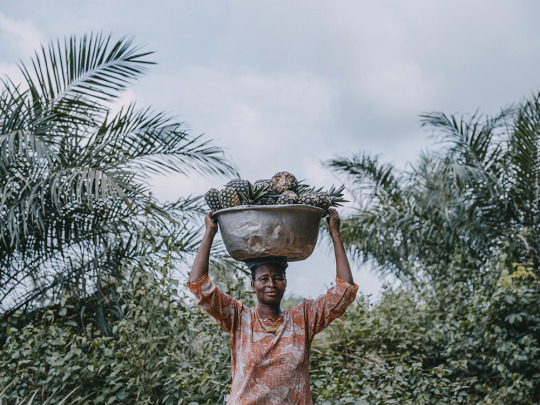
BENIN’S POTENTIAL IN PINEAPPLES
The story of pineapple cultivation in Benin is a centuries-long one. But its role in the formal, global trade in pineapple is a bit shorter.
Yet the country is now Africa’s fourth largest pineapple exporter, and its trade of the fruit with the European Union (EU) increased by almost six times between 2000 and 2014, reaching between 400,000 and 500,000 tons a year. But in 2017 there was a major hitch when the government instituted a voluntary ban on exports to the EU because of high pesticide levels found in its fruit.
The Benin government spent eight months resolving the use of the chemical, which farmers had been using to turn their naturally green pineapples the yellow color preferred by European consumers. Today, the government is continuing to work to improve the sector, which along with cashew and cotton is considered the trifecta of growth potential there.
See full story
https://eif4ldcs.exposure.co/benins-potential-in-pineapples
Commissioned by ENHANCED INTEGRATED FRAMEWORK (EIF)
#benin#africa#West africa#agriculture#pineapple#documentary#documentaryphotography#everydayafrica#Fujifilm GFX 50R
0 notes
Photo
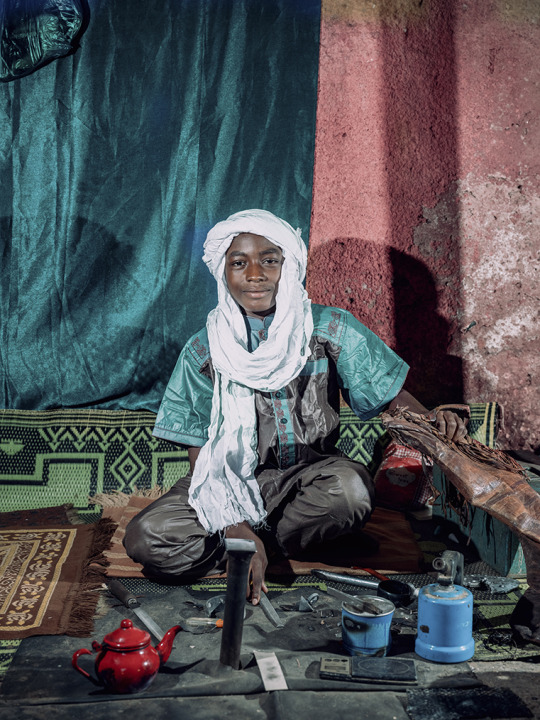

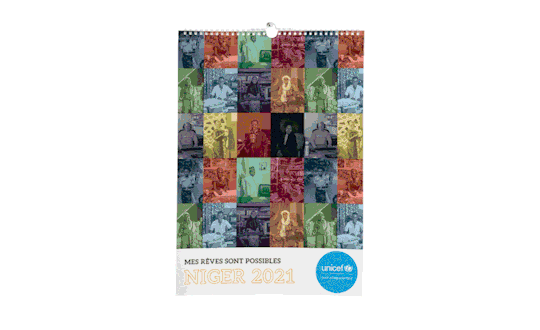
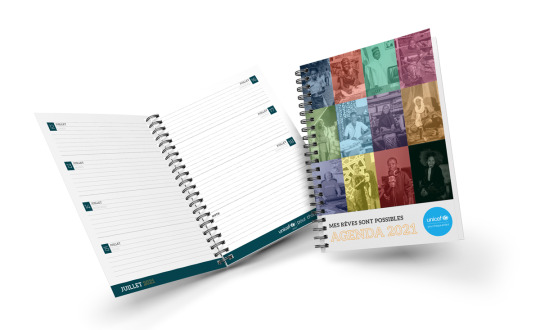
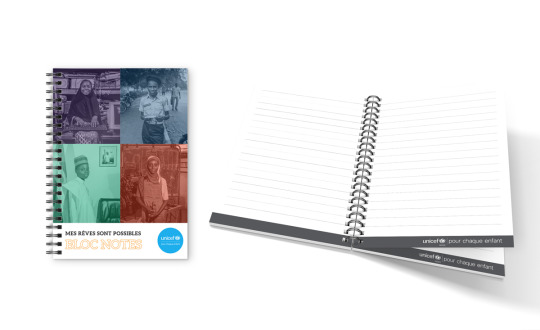
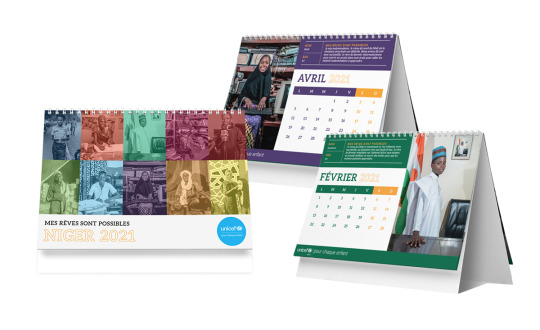
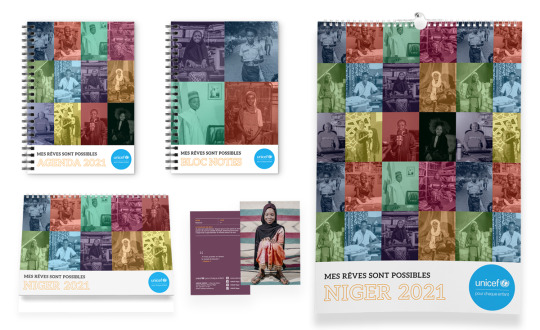
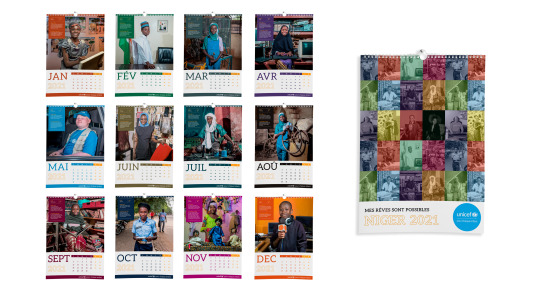
Creative Direction + Production + Photography by Ollivier Girard Creative Direction + Graphic design by Grace Leong UNICEF Niger called upon the services of Sahel Collective to develop an artistic photography project that was inspired by children’s dreams.
Based on the photos taken, we designed visibility materials for UNICEF Niger for 2021, which included a wall calendar, desk calendar, diary, greeting cards, and notepad. The project was realized from concept to completion by Sahel Collective, and involved strategy, casting, costume design, set design, photography, creative direction, graphic design and layout, and print production.
Commissioned by UNICEF
#unicef#united nations#assignment#Fujifilm GFX 50R#design#documentary#niger#West africa#africa#afrique
1 note
·
View note
Photo
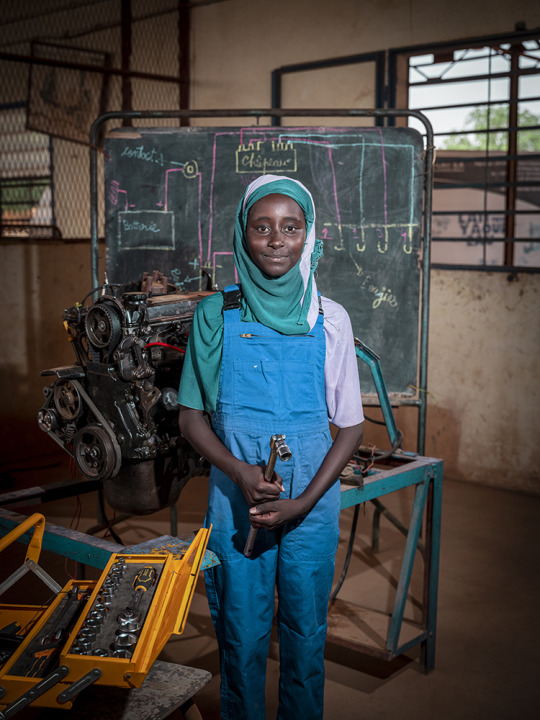
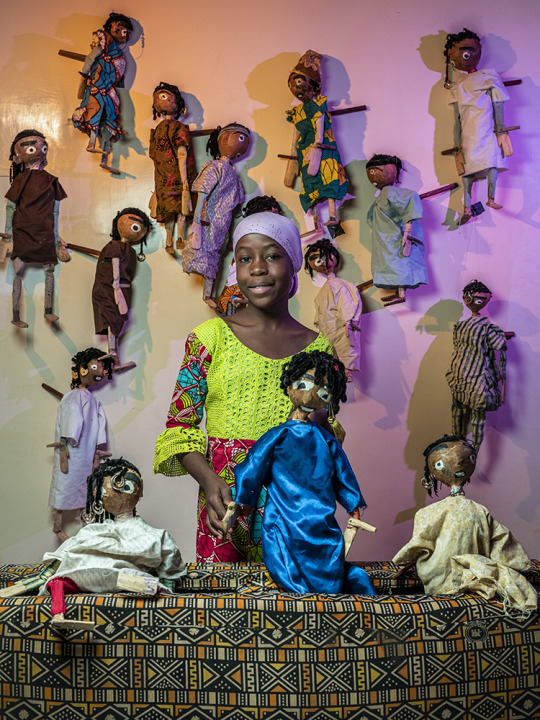
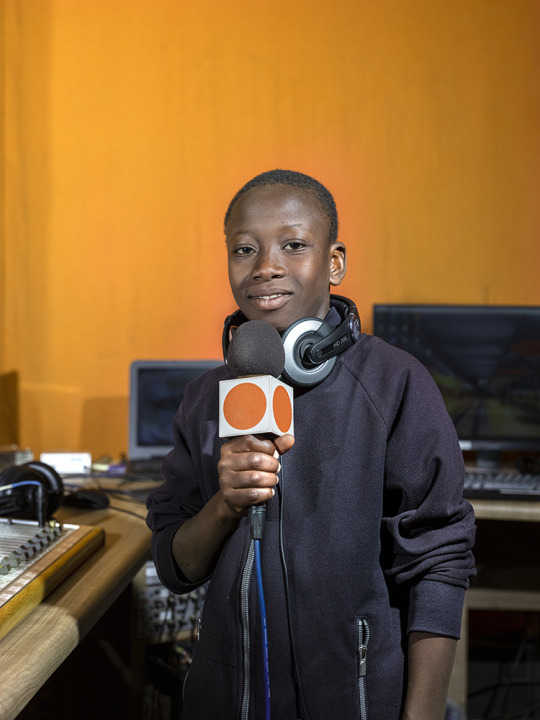
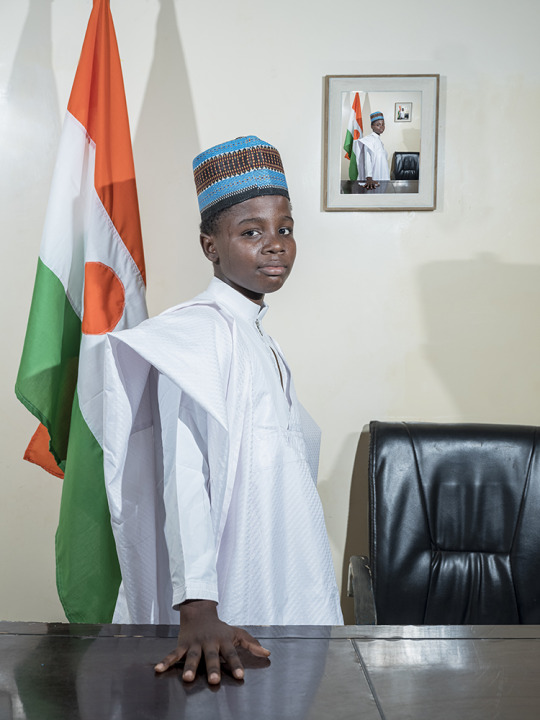
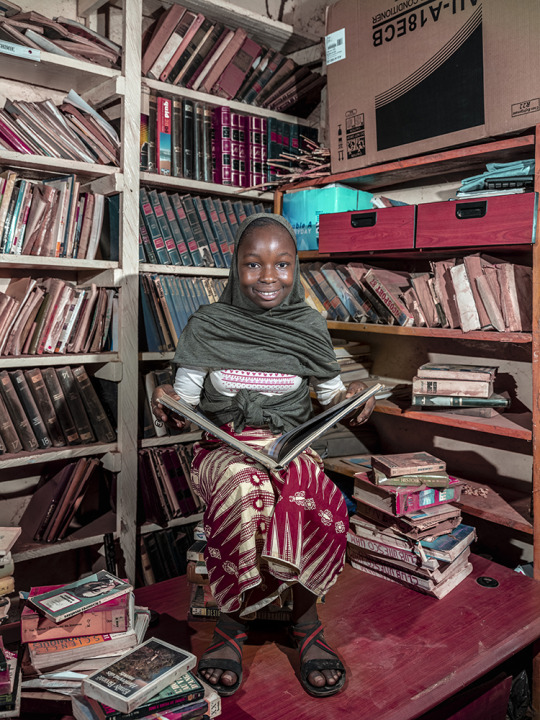
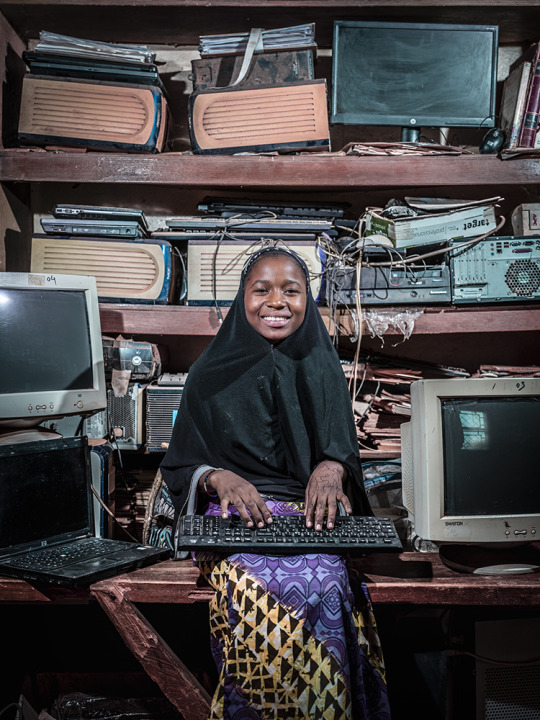

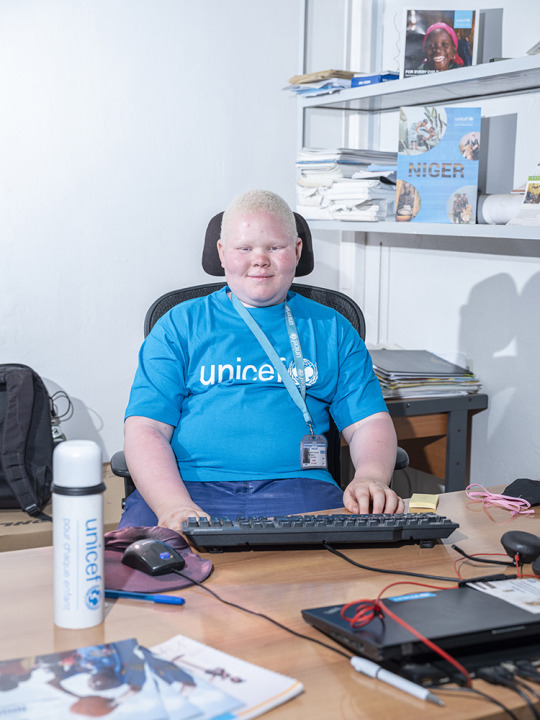
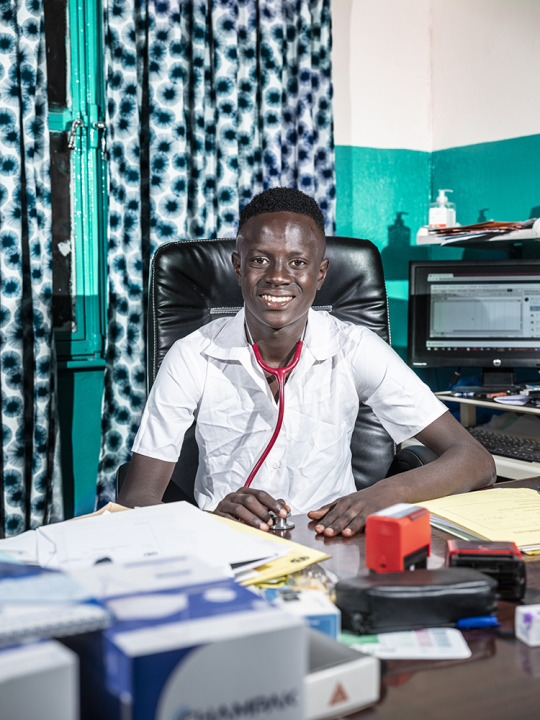
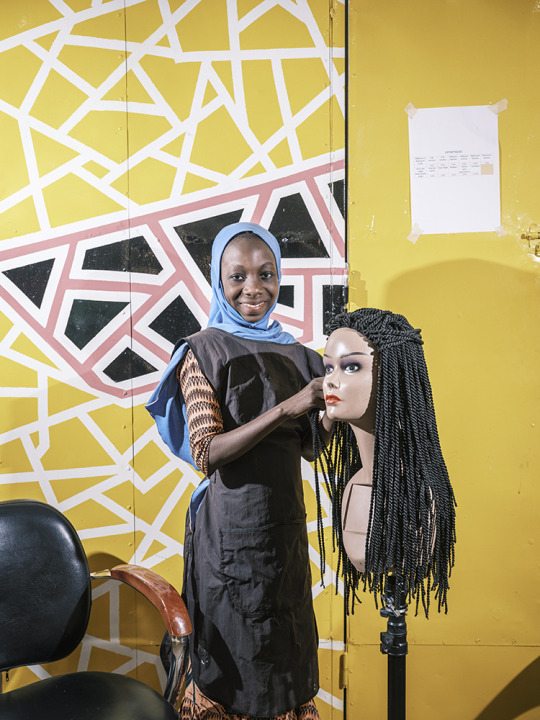
Creative Direction + Production + Photography by Ollivier Girard Creative Direction + Graphic design by Grace Leong UNICEF Niger called upon the services of Sahel Collective to develop an artistic photography project that was inspired by children’s dreams.
Based on the photos taken, we designed visibility materials for UNICEF Niger for 2021, which included a wall calendar, desk calendar, diary, greeting cards, and notepad. The project was realized from concept to completion by Sahel Collective, and involved strategy, casting, costume design, set design, photography, creative direction, graphic design and layout, and print production.
Commissioned by UNICEF
1 note
·
View note
Video
youtube
Le système éducatif nigérien est dans un état critique. C’est le constat qu’en ont fait le gouvernement et les partenaires techniques et financiers lors de l’évaluation à mi-parcours du programme sectoriel (PSEF). La majorité des enfants qui terminent un cycle d’étude ne maitrisent pas les compétences attendues en français et en mathématique (source : évaluation à mi-parcours du PSEF). En cohérence avec la démarche voulue par le Niger, le programme LIRE, de l’association Internationale de Développement (IDA)-Groupe de la Banque mondiale, a pour objectif d’améliorer la qualité des conditions d’enseignement et d’apprentissage dans des régions déterminées et renforcer la planification et la gestion du système éducatif.
Commissioned by WorldBank
0 notes
Photo
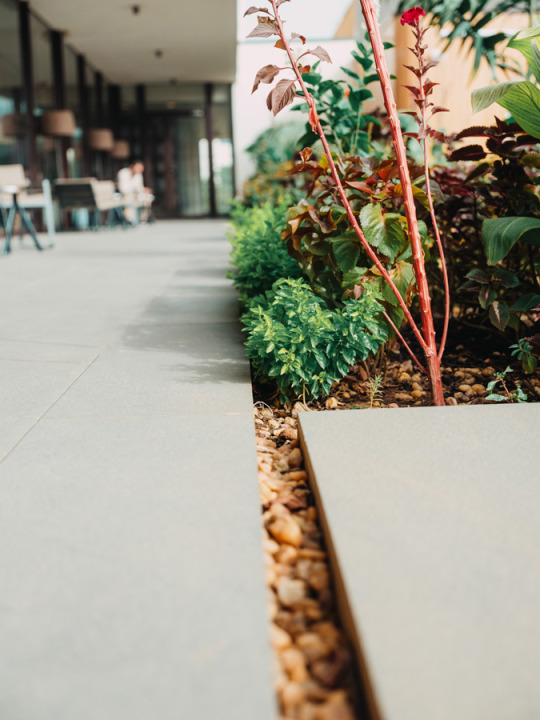

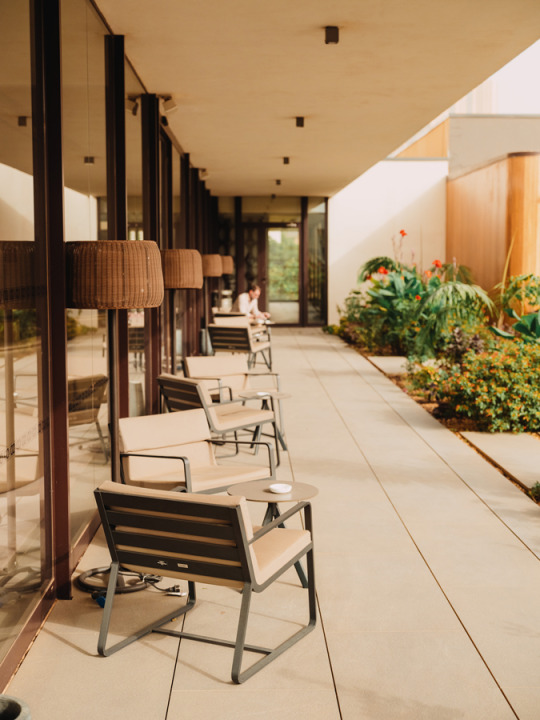



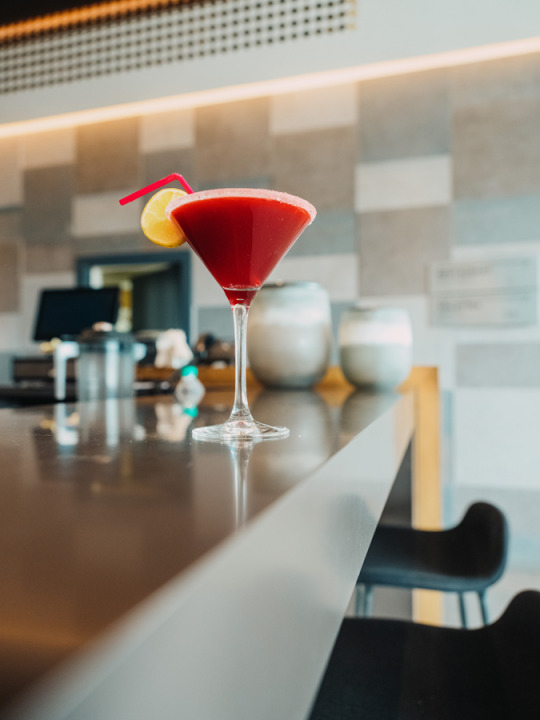
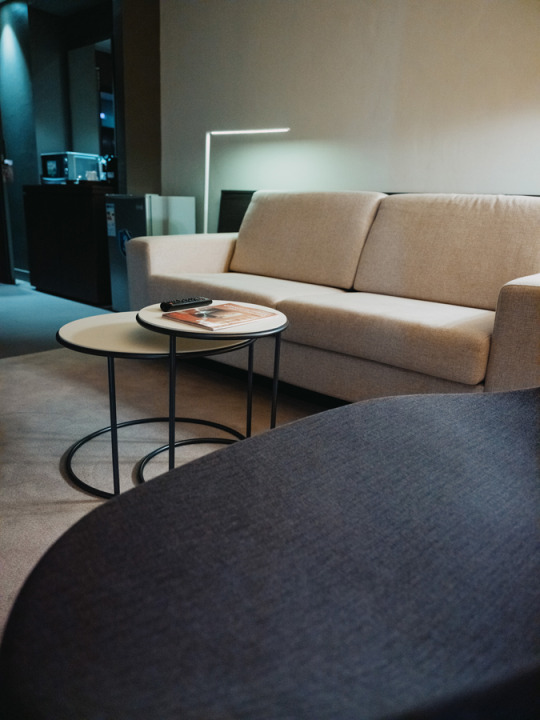


Recent photoshoot for the NOOM hotel
0 notes
Photo
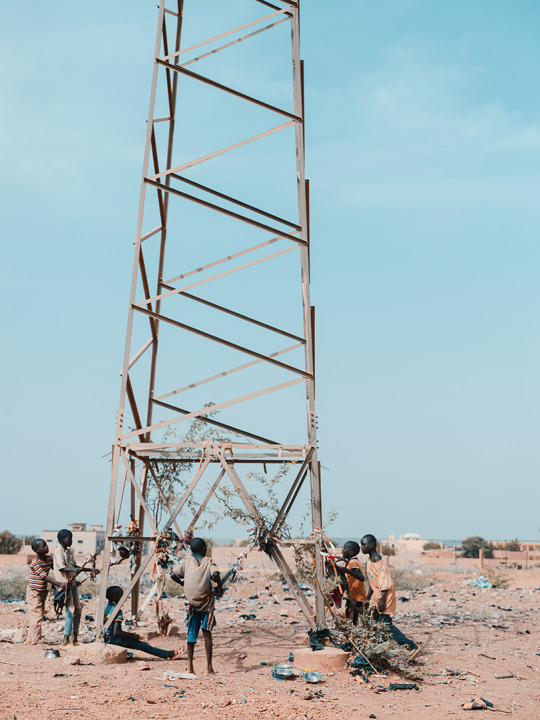
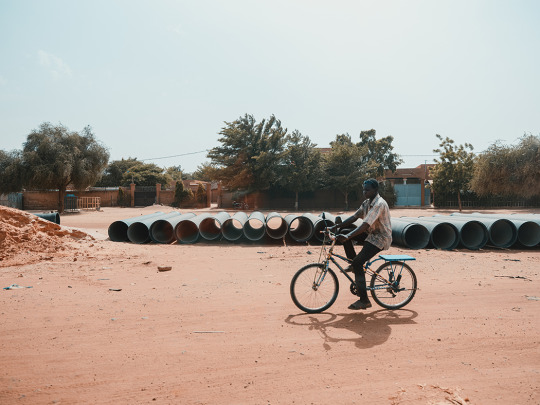
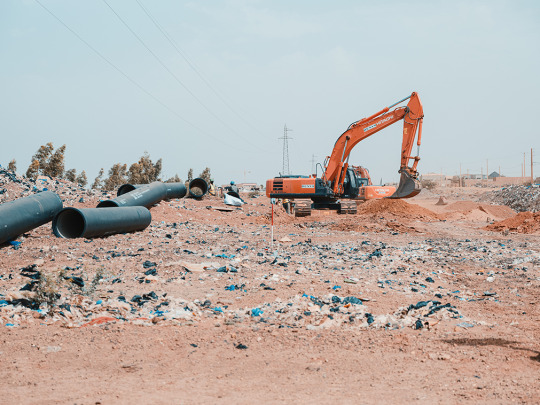
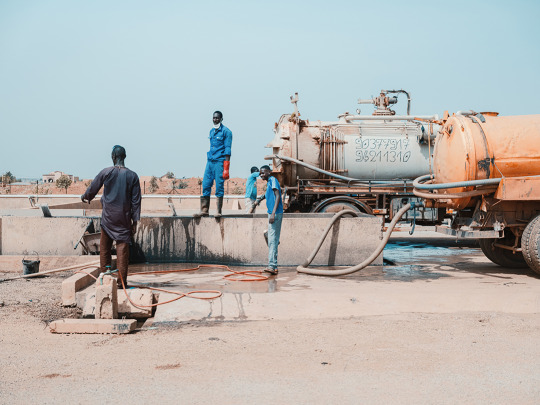
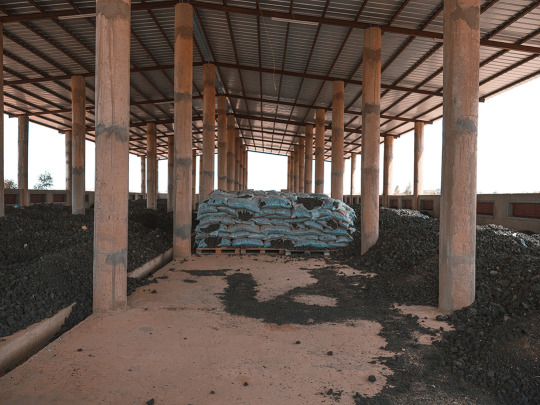


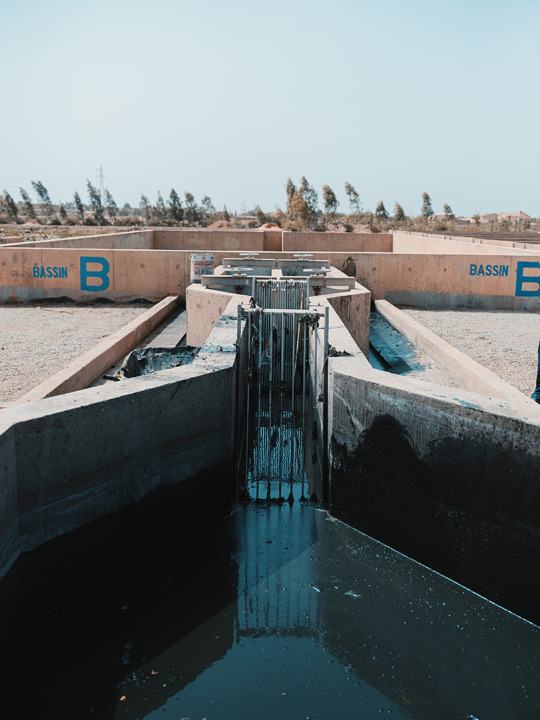
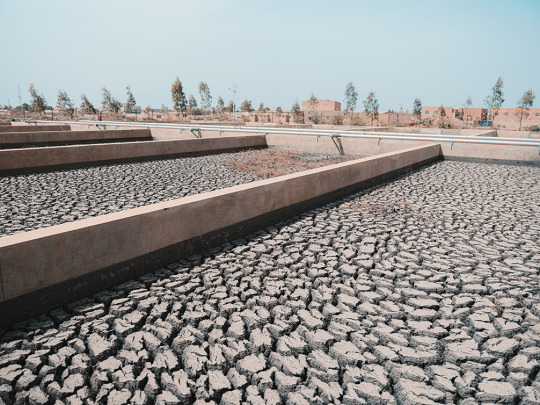

Station de traitement de boues de vidange au profit de la ville de Niamey dans le cadre de l’amélioration des conditions de vie, d’hygiène et d’assainissement de la population, la ville de Niamey vient d’être dotée d’une station de traitement de boues de vidange. La station a pour fonction, le traitement des excréta et l’épuration des eaux usées issus principalement des latrines et des fosses septiques des ménages de la ville de Niamey.
Commissioned by WorldBank
1 note
·
View note
Photo

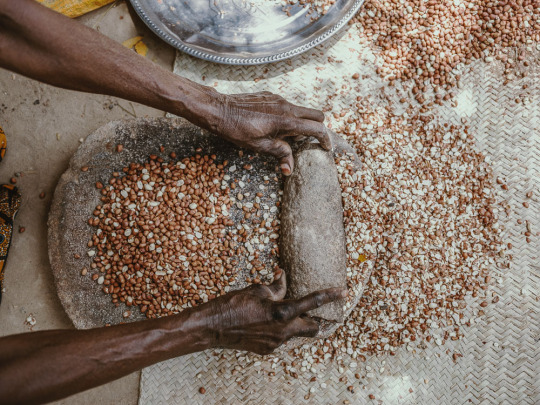
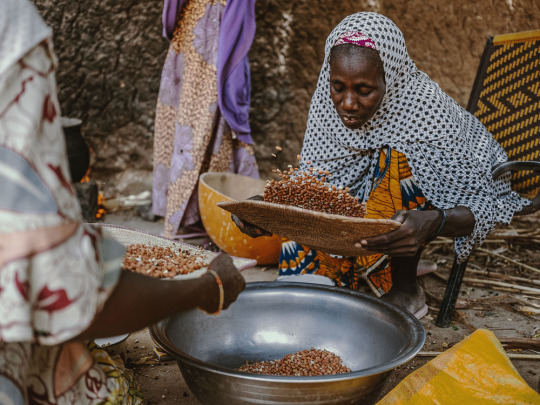
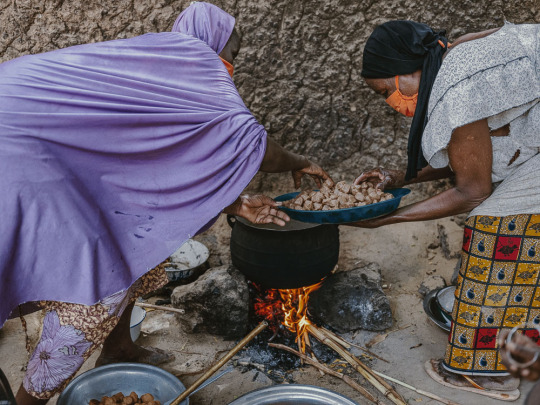
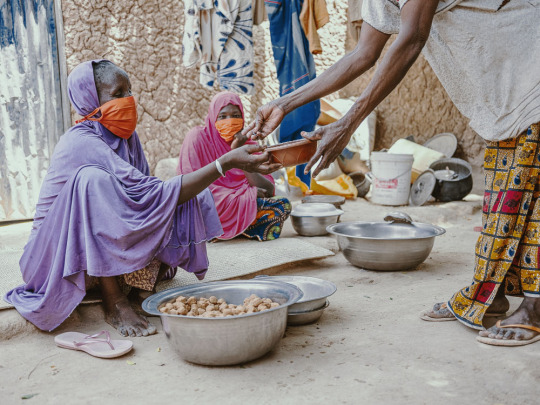
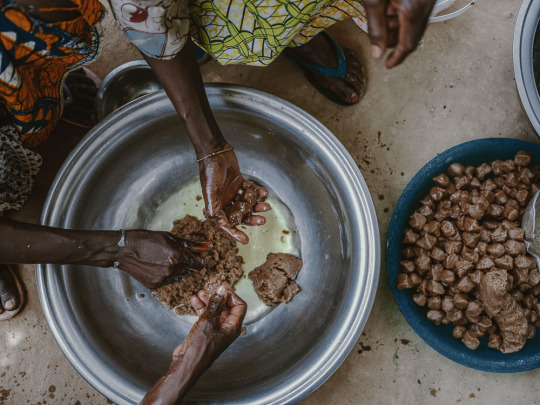
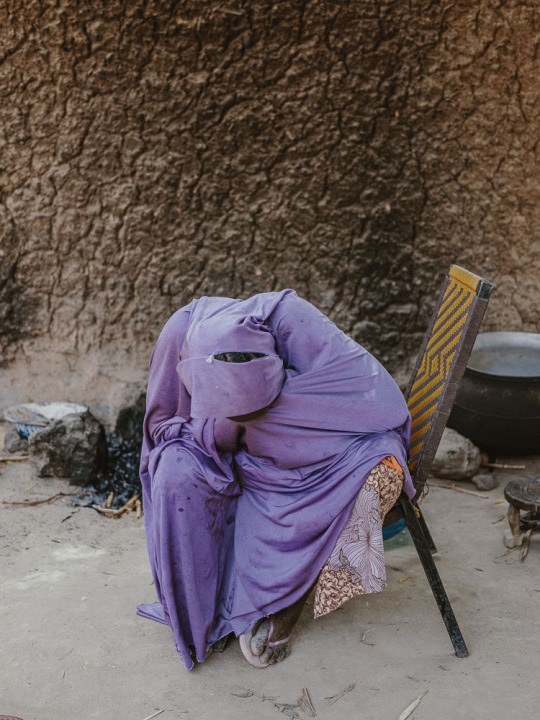



Le COVID a obligé les décisions des gouvernements à bloquer les frontières et à réduire les déplacements des personnes pour éviter la propagation du virus. Néanmoins cela a accentué la crise économique et a eu un impact énorme sur l’économie local. Voici une histoire de ces survivantes …
Habo 40 ans, agricultrice et 7 enfants –Le coronavirus a affecté notre vie sur le plan économique. Les gens ne sortent plus par peur de l’attraper. Il n’y a plus de commerces. Le plus dure c’est la nourriture au quotidien. Nous arrivons à peine à 2 repas par jour. La famille est grande. Actuellement je produis un peu d’huile d’arachide. Avec la pâte d’arachide je les transforme en petit Tourto (petites boules d’arachide). J’arrive à gagner 3000 cfa par vente mais nous devons les partager entre toutes les femmes qui m’ont aidé.
Actuellement au sein du groupe féminin nous n’arrivons plus à verser la cotisation et nous ne pouvons plus faire de crédit car nous sommes dans l’incapacité de rembourser. Si le travail ne reprend pas bientôt cela va devenir encore plus compliqué pour nous tous.
Commissioned by CARE
1 note
·
View note